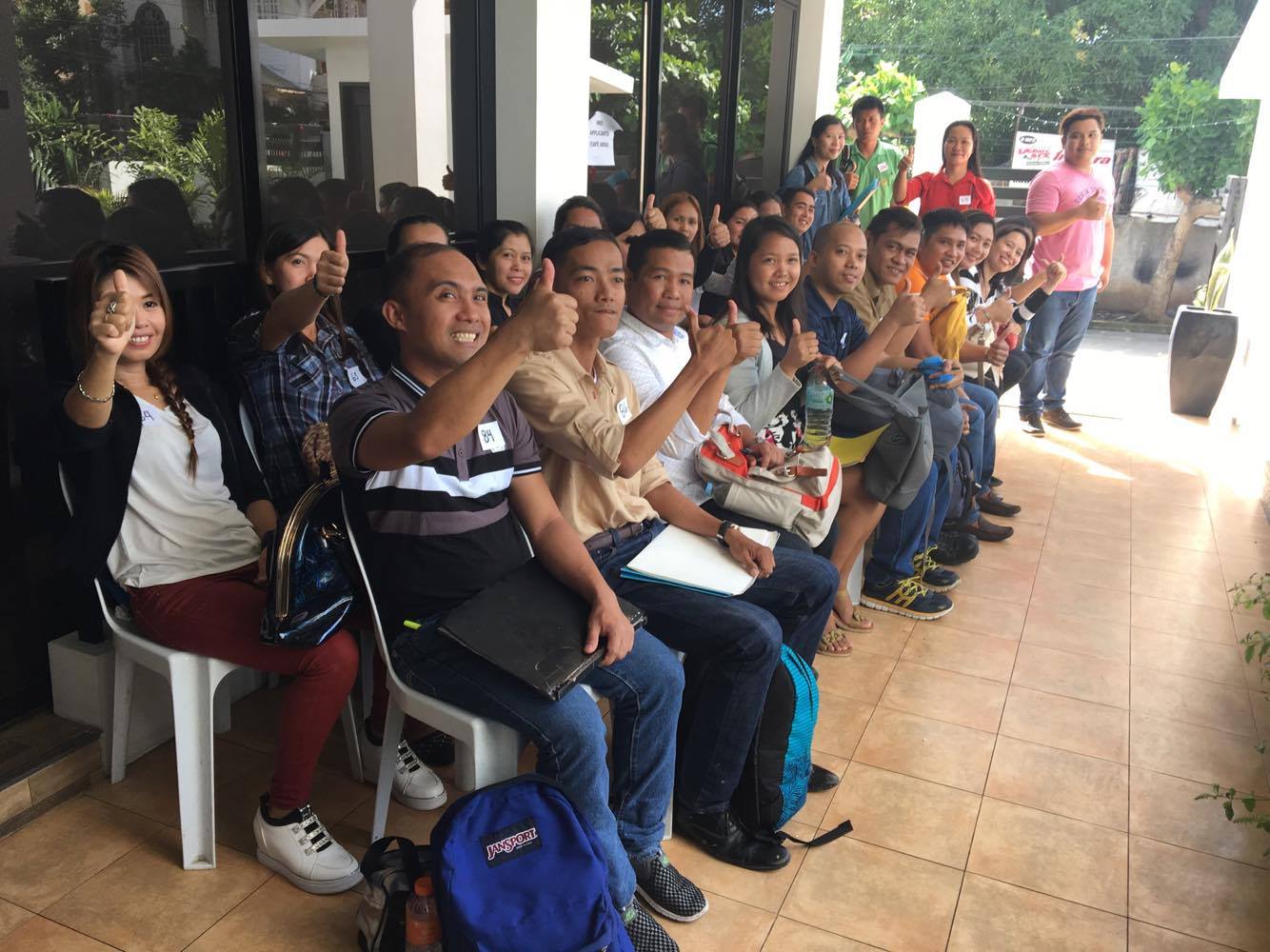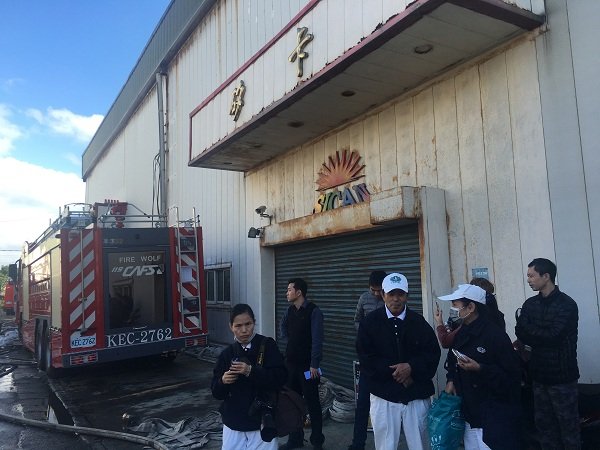BBC reporter applauds direct hiring of migrant workers by Taiwan food company | Taiwan News
TAIPEI (Taiwan News) – A story that has made a headline but has not really caught a lot of people’s attention was said to be “very unusual” by a BBC reporter.
In the radio show “BBC Business Matters” broadcast on Wednesday, BBC reporter Cindy Su expressed her dire concern over the conditions of migrant workers in Taiwan, but a direct hiring move by a leading Taiwanese food manufacturer has won recognition as a new trend to start out.
In her report, she said the company I-Mei Foods did something “unusual” in terms of recruitment and has actively responded to the problems facing migrant workers by taking the first step – cutting out the middlemen in the process of hiring.
She continued to say that the company went to the Philippines, to the southern city of Davao and the capital Manila recently to interview hundreds of job applicants, migrant workers mainly, to fill 200 positions in Taiwan in their factories.
“What makes it unusual is that most employers in Taiwan, factory or restaurant owners, who want to hire migrant workers, usually go to brokers, or middlemen. But this company has decided to cut out the middlemen, and that has a big impact for migrant workers because that means they don’t have to pay the middlemen fee, which could be a lot of money. Some of them paid as much as one fourth of their yearly salary to brokers in both Taiwan and the country they come from.”
The reporter also said that the government in Taiwan hasn’t really promoted direct hiring proactively in recent years even though the migrant worker groups have been lobbying for this for years. The inertia, she said, has caused migrant workers paying up to one fourth of their yearly salary to brokers in exchange for a job in Taiwan, and some of the jobs that make workers’ lives miserable.
“I see greedy people and greedy companies everywhere trying to get as much money from migrant workers as they can. And migrant workers are usually very vulnerable and have no choice but to pay this money.”
Su recalled a couple of interviews with female migrant workers here, saying these women even had to put up with sexual abuse from their employers as they need money to pay up those debts to the brokers. She called for quick action to help these people.
In an interview with Central News Agency, I-Mei Foods CEO Luis Ko said this is the first time the company has held direct hiring of migrant workers. Ko said the Filipino workers account for 15 percent of its total headcount, and the move can save recruitment costs. He continued to urge other Taiwanese companies to follow suit.
I-Mei first hired 50 workers from the Philippines back in 1993, and today the number employed has exceeded 500, bringing the cumulative number of employees from the Philippines to thousands over two decades.







